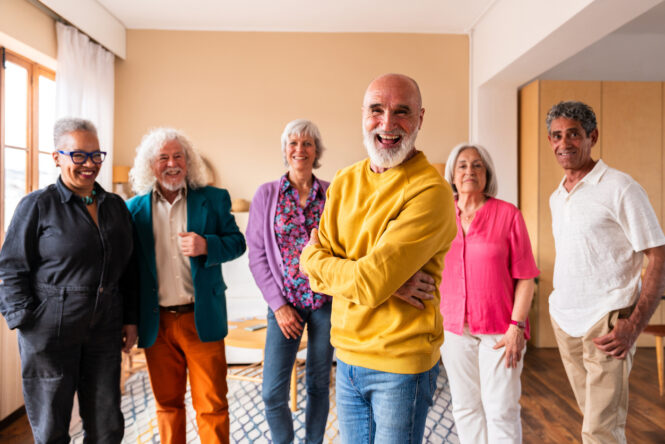It’s easy to forget how many everyday comforts, rights, and small details we rarely think twice about in the UK.
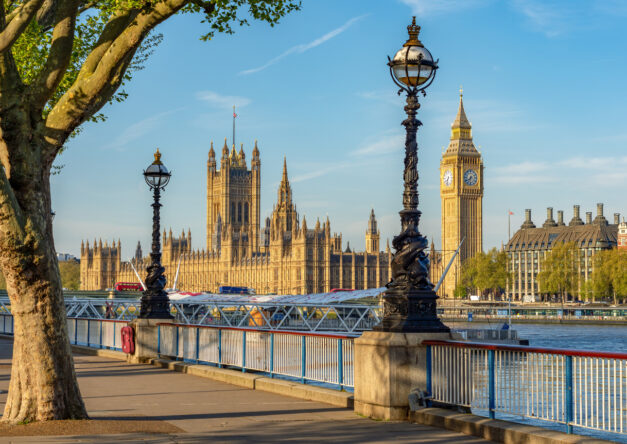
It makes sense, especially given all the bad things happening. However, when you spend time abroad or speak to someone who’s lived under very different systems, you realise how privileged you really are. While Britain has its fair share of issues (plenty, actually), there are still a lot of quiet privileges built into daily life that aren’t a given everywhere else. Here are some things we take for granted that aren’t necessarily a given in other parts of the world.
1. Free healthcare

The NHS might be under strain, and we all love to complain about wait times, but the fact that you can walk into A&E and not be handed a bill is something people in other countries genuinely envy. You don’t need to calculate whether you can afford to call an ambulance. You don’t need private insurance to see a GP. That baseline access is rare, and easy to forget when you’ve never had to live without it.
2. Safe drinking water straight from the tap

We refill water bottles without a second thought, brush our teeth without reaching for bottled water, and sip from the kitchen tap like it’s nothing. However, in many countries, both developing and developed, that kind of consistent tap safety isn’t standard. In some places, even locals boil or filter everything. Here, we’re annoyed when the water tastes a bit “chlorine-y.”
3. Universal postal delivery, even to remote villages
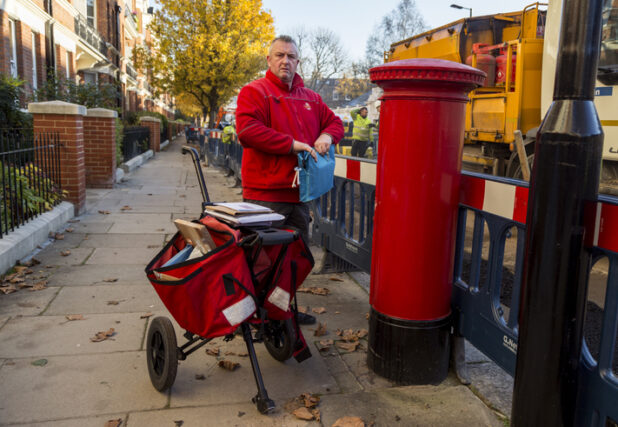
From busy cities to rural outposts, your post still arrives more or less daily. It’s not perfect, but the fact that letters and parcels can get to nearly any UK address, often within a few days and for less than a couple of quid, isn’t something everyone gets to enjoy. In some countries, post is irregular, slow, or nonexistent unless you live in a major city.
4. The right to queue in peace
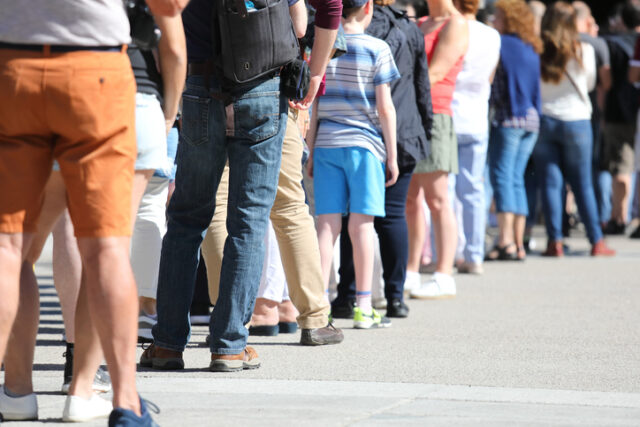
We joke about British queuing culture, but there’s something genuinely comforting about the silent social agreement that lines are to be respected. In some places, queues are chaos, elbows fly, and whoever shouts loudest goes first. Here, even the mildly queue-jumping behaviour gets passive-aggressively noted, if not outright challenged. That unspoken order? Weirdly comforting.
5. Public transport that mostly turns up

Yes, the trains are overpriced. Yes, Southern Rail causes pain. But in many places, public transport is either unreliable to the point of being unusable or doesn’t really exist outside major hubs. The fact you can get a bus from a village to a nearby town, or catch a late train home from a night out, is something people in car-dependent countries would love to have, especially when the alternative is nothing at all.
6. The fact that shops don’t check your bags at the door
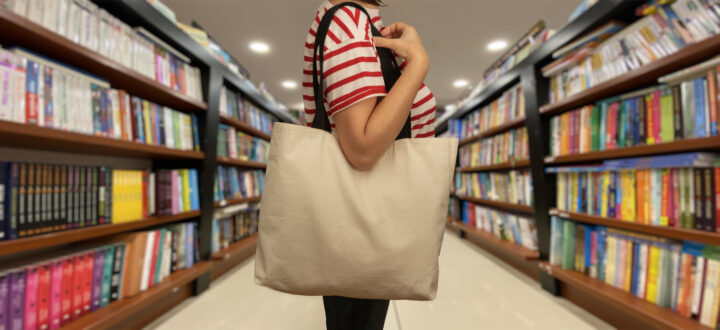
In plenty of places, it’s totally normal to be frisked, scanned, or watched like a hawk when entering even the most basic shop. In the UK, you wander in with a backpack, leave with a basket of snacks, and no one stops you unless there’s a reason. That sense of quiet trust, whether it’s earned or not, isn’t universal, and it definitely changes the vibe.
7. Accessible, walkable towns and cities
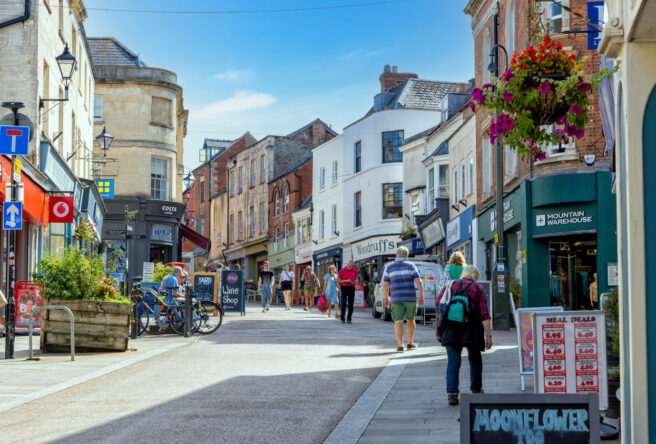
Britain’s compact towns, pedestrianised centres, and walkable high streets are something you don’t realise you rely on until you visit a country where walking is actively difficult. In car-centric cultures, popping to the shops on foot isn’t even an option. Here, even in small towns, you can still run errands without needing a vehicle, and that kind of access makes a massive difference to everyday freedom.
8. Sunday roast as a national institution
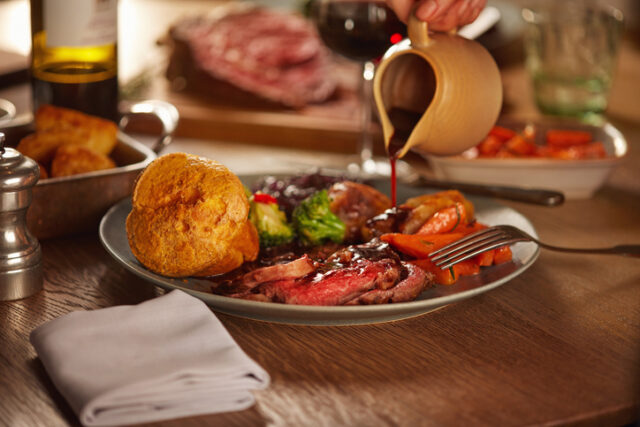
It’s not just the food, it’s the ritual. There’s something uniquely British about the comfort of knowing that, on a Sunday, someone somewhere is putting Yorkshire puddings in the oven and arguing about gravy texture. While other countries have traditions, few have a weekly meal so widely shared and fondly defended. It’s a cultural glue we don’t always realise we’re lucky to have.
9. The ability to access nature quickly
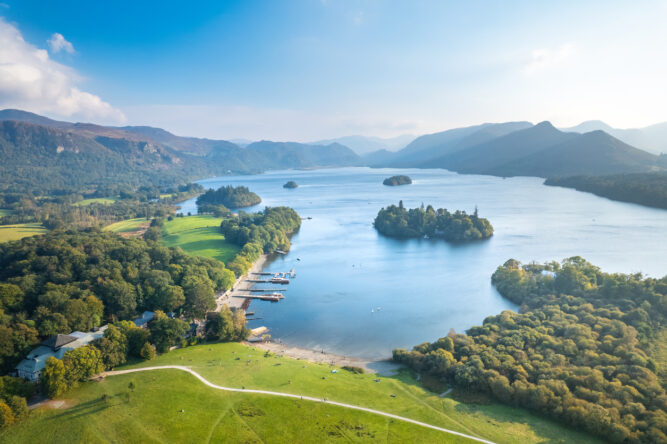
Even in major cities, you’re rarely more than an hour or two away from countryside, coastlines, national parks, or a decent woodland walk. Other countries might have more dramatic landscapes, but accessibility isn’t always part of the package. In the UK, spontaneous nature escapes are surprisingly achievable, especially with a good pair of boots and a train pass.
10. Political protests without armed police
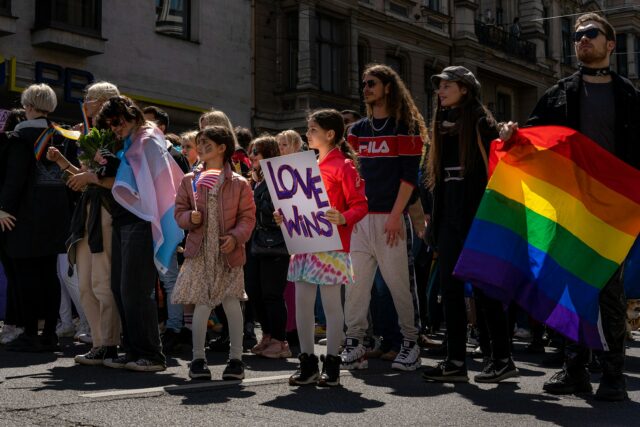 Source: Unsplash
Source: Unsplash Say what you like about the state of British politics (and we do), but most protests don’t come with the threat of tear gas or armed retaliation. In many places, even peaceful demonstrations are met with extreme force. Here, while not perfect, there’s still a general sense that the right to protest won’t get you arrested on sight. That level of civic freedom shouldn’t be underestimated.
11. Decent phone coverage in the middle of nowhere
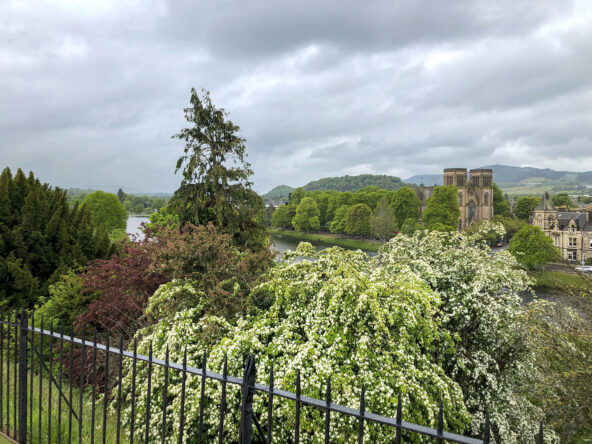
Yes, signal drops in some rural bits of the Lake District. But compared to many other countries with sprawling land and patchy infrastructure, mobile coverage in the UK is fairly reliable, even in places where you wouldn’t expect it. Whether it’s calling your mum from the side of a hiking trail or getting 4G in a village pub car park, it’s one of those invisible conveniences we forget to appreciate.
12. Shops not closing randomly in the middle of the day

In the UK, when a shop says it’s open, it’s open. There’s a weird kind of confidence in knowing that 10–5 means 10–5. In other countries, especially across parts of Europe and Latin America, it’s totally normal for places to shut in the middle of the afternoon, or to just not open at all without warning. That predictability we take for granted? It’s not always the standard.
13. A genuinely dark sense of humour that somehow still connects people

Britain’s ability to turn pain into punchlines is its own strange gift. The shared humour around struggle, the jokes made in the face of disaster, the ability to laugh in queues, funerals, and hospital waiting rooms—it’s not always understood elsewhere. While other cultures might find it cold or inappropriate, here, it’s often a form of emotional shorthand. And it bonds us more than we realise.



